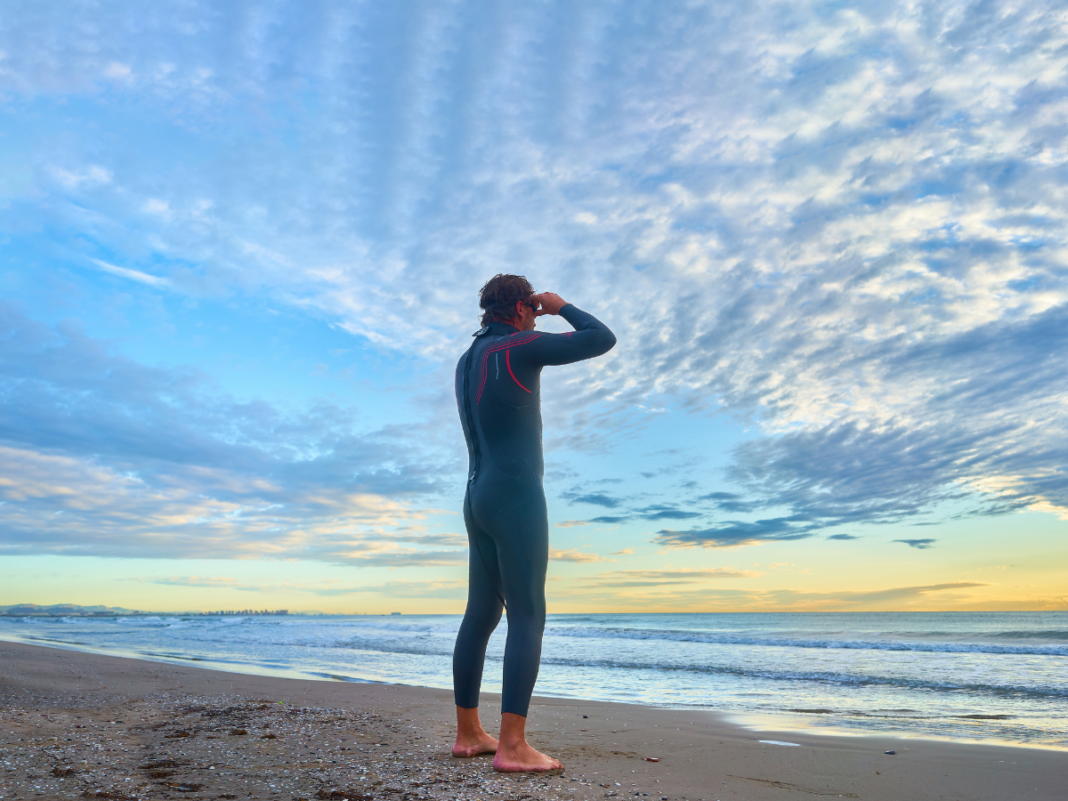Nature’s touch is healing. Who hasn’t enjoyed walking on a forest trail in fresh air while hearing a gurgling brook or the musical conversations of birds hidden among the mossy branches overhead? Whether it is seen as an immersive restoration or a brief gift of tranquillity to our souls, green spaces have been recognized for their health effects by city planners for centuries.
Since the 1980s, the Japanese have added to this idea, practicing shinrin-yoku—forest bathing—by getting out regularly into a calming natural environment to neutralize their over-stressed urban lives. Similarly, in South Korea, a nature therapy program had been used to treat firefighters with PTSD since 2018. And science has recently shown profound effects on blood pressure, heart rate, anxiety, the stress hormone cortisol, and blood glucose levels after spending time in a natural environment. Time to rethink the prescription pad?
So, what about spending time in or near water, in what are now called “blue spaces?” Just like the forest, who hasn’t enjoyed a walk on a beach, with waves rolling in nearby, or marvelled at a flowing river or an expansive ocean? It should be obvious that being distracted from your day-to-day stressors by the omnipotent power of water could be as similarly enthralling as green spaces. So, if being “bathed” by a forest is inherently therapeutic, what of being immersed in an open water environment?
Although a significant part of adult populations everywhere does not know how to swim (and would therefore be daunted by an immersive water experience), for those that do, swimming can provide remarkable health benefits, well beyond the value of aerobic exercise.
Recently, neurobiology professor Seena Mathew posited that swimming provides a unique boost to brain health, improving mood (by reducing anxiety and depression symptoms), memory, cognitive function, and immune responses. At the University of Texas, Dr. Hirofumi Tanaka found not only does swimming have profound effects on two of the biggest hallmarks of aging—high blood pressure and arthritis—but these responses even surpassed those of either walking or cycling. About that prescription pad…
Just as it is true that some may fear for their safety in a forest, swimming in open water can also generate anxiety for the inexperienced, but as Bonnie Tsui, author of Why We Swim, points out, learning to swim in deep water means “learning how to relinquish control, to thrive in a space of uncertainty akin to being in heaven and talking to the devil at the same time.”
As one of her San Francisco Bay swimming buddies points out:
“The daily swim in the Bay is where I confront my demons. Then I shake their hands.”
Although you may be conquering your demons just by learning how to swim in open water, once you do, you will find that a regular morning swim in a cool lake or ocean can be just the tonic you need to get through an anticipated stressful day at work. You will be calmer, sharper, more relaxed, and more confident in dealing with whatever your day throws at you. You will have “paid yourself first”—by pre-emptively reinforcing yourself—before your day has even started.
Here in Kelowna, we are blessed to have several great open water swimming locations where all summer, teachers, health care professionals, salespeople, public service workers, and others regularly immerse themselves to, ironically, “ground” themselves to start their day.
A local woman who had recently learned how to open-water swim credited her new abilities to stay calm and breathe as integral to her surviving a sudden massive blood loss after the surgical delivery of her first child.
Of course, compared to forest bathing, swimming in open water provides a different palette of sensory experiences. Although the only vista that you will see is beneath you and the only sound you will hear is the gurgling generated by your rhythmical strokes, your entire body will feel both the support and the coolness of the water.
Although you will pay attention to waves and weather, it is easy to slip into a meditative repose with the rhythmical movements you are creating, as if sliding into a parallel universe, far away from cellphones and the otherwise incessant background chatter of your life. Once there, it becomes hard to leave, and you can see why members of the Dolphin Club in San Francisco Bay have a Henry David Thoreau quote posted on their wall:
“Renew thyself completely each day; do it again and again, and forever again.”
From my perspective, swimming in open water is the best place to do that.
Ready to take the plunge? The quality of your life may depend on it.
You may also like: The Health Benefits of Being Outside

Read This Story in Our 2023 Summer Outdoor & Travel Issue
Featuring Alison Jackson, Canadian cyclist and only North American male or female to win the famed Paris Roubaix. Travel the country’s most stunning hot spots by campervan. Become a better trail running by improving your ascents and descents—plus, train outdoors with Canada’s Top Fitness Trainers. Enjoy plant-based summer recipes and so much more.
















